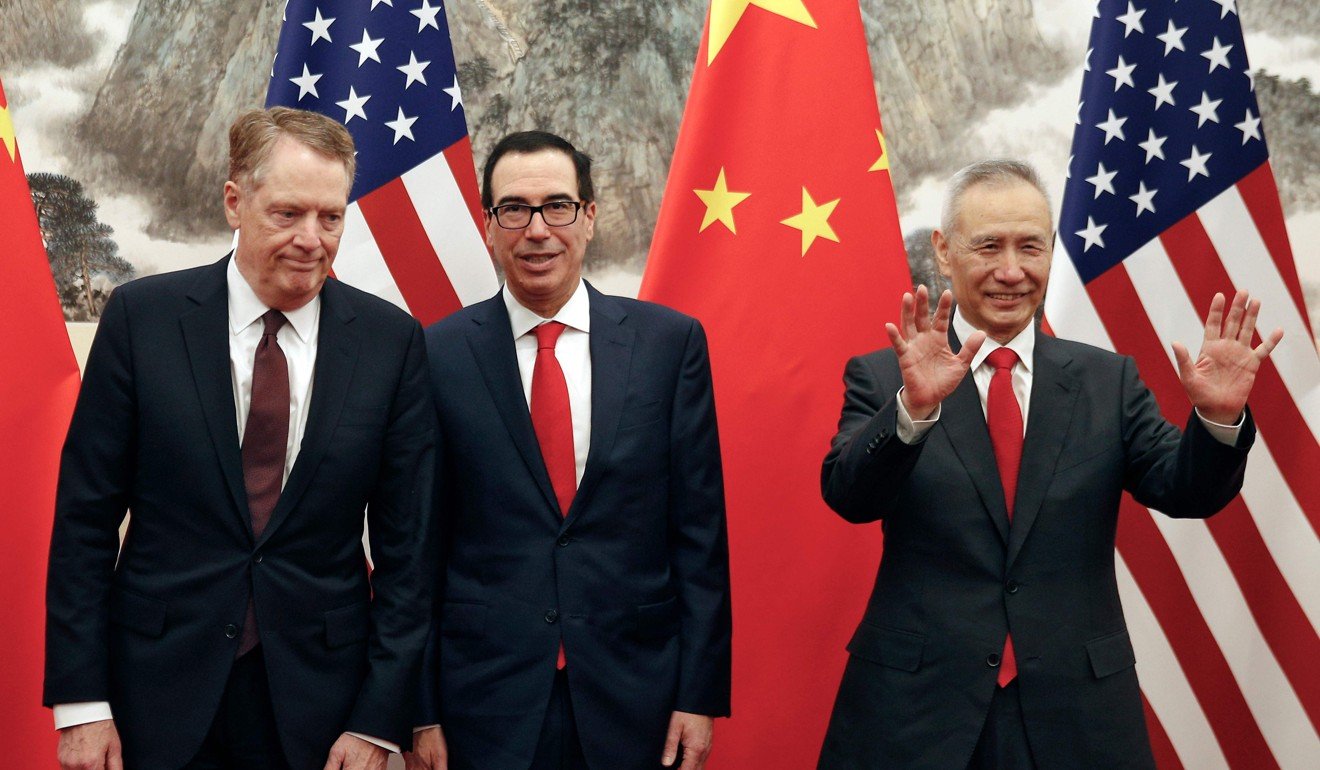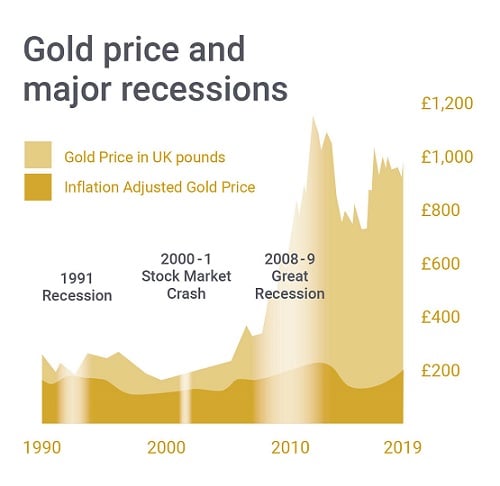Alright, folks, let’s cut through the noise and break down the most critical headlines from today. The global landscape is shifting rapidly, and frankly, it’s a bit of a rollercoaster.

Domestically, China is pushing forward with strategic initiatives. We’ve seen continued progress on the second phase of the China-Korea Free Trade Agreement, Shanghai hosting NVIDIA’s CEO, and revisions to the Postal Service regulations – all signals of a proactive policy approach. Let’s be real, these are moves to strengthen the economy and streamline operations. Crucially, China is responding to US provocations with a firm hand, promising to protect its interests.
Now, let’s talk figures. A 60.6% surge in Q1 securities transaction stamp tax – that’s a massive jump! It shows a vibrant market, but also potential bubbles we need to watch carefully. The government is also focusing on job stability and high-quality development, and expanding pilot programs in free trade zones – smart moves to attract investment and bolster growth.
But the real drama is unfolding across the Pacific. Trump is back in the spotlight, floating the idea of a quick deal with China, yet simultaneously hinting at replacing Powell at the Fed. This guy is a master of chaos, isn’t he? The US is proposing loosening sanctions on Russia, while conveniently shelving Ukraine’s NATO bid. And prepare for price hikes – Shein and Temu are already raising prices due to increased tariffs. Don’t be fooled, this hits US consumers directly.
Here’s a deeper dive into a critical element: the concept of ‘managed trade’ being subtly advocated by Trump. It’s a dangerous game. It’s not free trade; it’s about dictating terms and potentially sacrificing long-term economic stability for short-term political gains. This approach, if pursued, could severely disrupt global supply chains and invite retaliatory measures, leading to a trade war we can’t afford.
Regarding the Russia-Ukraine conflict, the US seems to be simultaneously attempting negotiation while considering military action against Iran. The willingness to potentially acknowledge Russia’s control over Crimea as part of a peace deal is a significant concession – and a sign of desperation. This entire situation is a powder keg, and transparency is desperately needed. It’s time to recognize that playing geopolitical games has real-world consequences for all of us.
Finally, a bright spot: Cambricon Technology’s return to profitability in Q1 – a testament to innovation and resilience in the Chinese tech sector. Wang Yi and Dong Jun will also be holding key talks with Indonesia. Overall, the pace of change is breakneck. Stay vigilant, do your research, and prepare for volatility.





